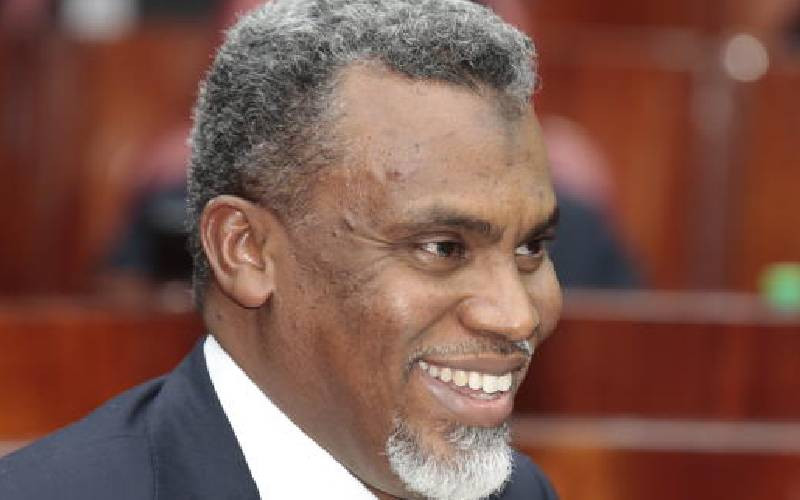×
The Standard e-Paper
Smart Minds Choose Us

The nomination of Noordin Haji as the Director General National Intelligence Service (NIS) heralds a new chapter for the Service and national security in general. The appointment brings about three critical issues in intelligence provision.
It is the first time that the NIS is being headed by a person without military or police training. It has also changed the practice of appointing heads of the National Police Service and NIS from outside the security institutions.